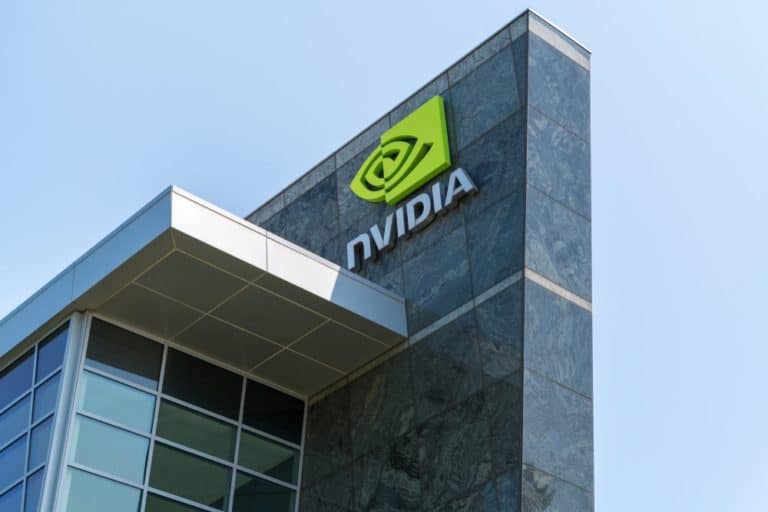Nividia will bring AI and machine learning to the cloud. More specifically, “accelerated GPU services” are offered for VMware Cloud on AWS.
According to SiliconAngle, the new service makes it possible to migrate existing vSphere applications to Vmware Cloud on AWS. After this migration, it will be possible to use Nividia’s GPUs for High Performance Computing (HPC), among other things. Machine learning, data analytics and applications for video processing are also among the possibilities.
According to Nvidia, GPUs are ideal for AI workloads. This is because training and inference in machine learning take less time than CPUs. The new service combines Amazon’s EC2 bare-metal instances with Nividia’s Virtual Compute Server and that company’s T4 GPUs.
“From operational intelligence to artificial intelligence, companies rely on GPU computing to make fast, accurate predictions that directly affect their bottom line,” said Nvidia-CEO Jensen Huang about the new service. “Together with VMware, we are designing the most advanced GPU-accelerated hybrid cloud infrastructure to drive innovation across the enterprise.”
More flexible working with AI
According to Nvidia, the new service will allow users to scale up or down AI workloads if necessary. Improved security and management of AI applications are also possible. The mobility of applications is also becoming much greater. This is because it is possible to migrate applications between on premise and the VMware Cloud in no time at all.
Wikibon analyst James Kobielus opposes SiliconAngle that the collaboration allows VMware customers to easily move AI workloads running on bare metal CPUs to virtualized clusters of the latest Nvidia GPUs running on VMware Cloud on AWS. According to him, this could result in VMware being ahead of other hybrid cloud vendors.
This news article was automatically translated from Dutch to give Techzine.eu a head start. All news articles after September 1, 2019 are written in native English and NOT translated. All our background stories are written in native English as well. For more information read our launch article.